Minimally invasive techniques, faster recovery, expert care at every step.
Joint Replacement Specialist with 9+ Years of Experience
Orthopedic surgeon with experience in the comprehensive management of trauma and joint disorders.
Best Joint replacement surgery in Jaipur has emerged as a leading solution for individuals suffering from debilitating joint pain and limited mobility. This innovative procedure, particularly for knees and hips, is often recommended when conservative treatments fail to provide relief. Under the expertise of renowned surgeons like Dr. Pratul Jain, patients can expect personalized care tailored to their unique needs. The orthopedic hospital in Jaipur is equipped with advanced technology and skilled medical professionals dedicated to ensuring successful outcomes.
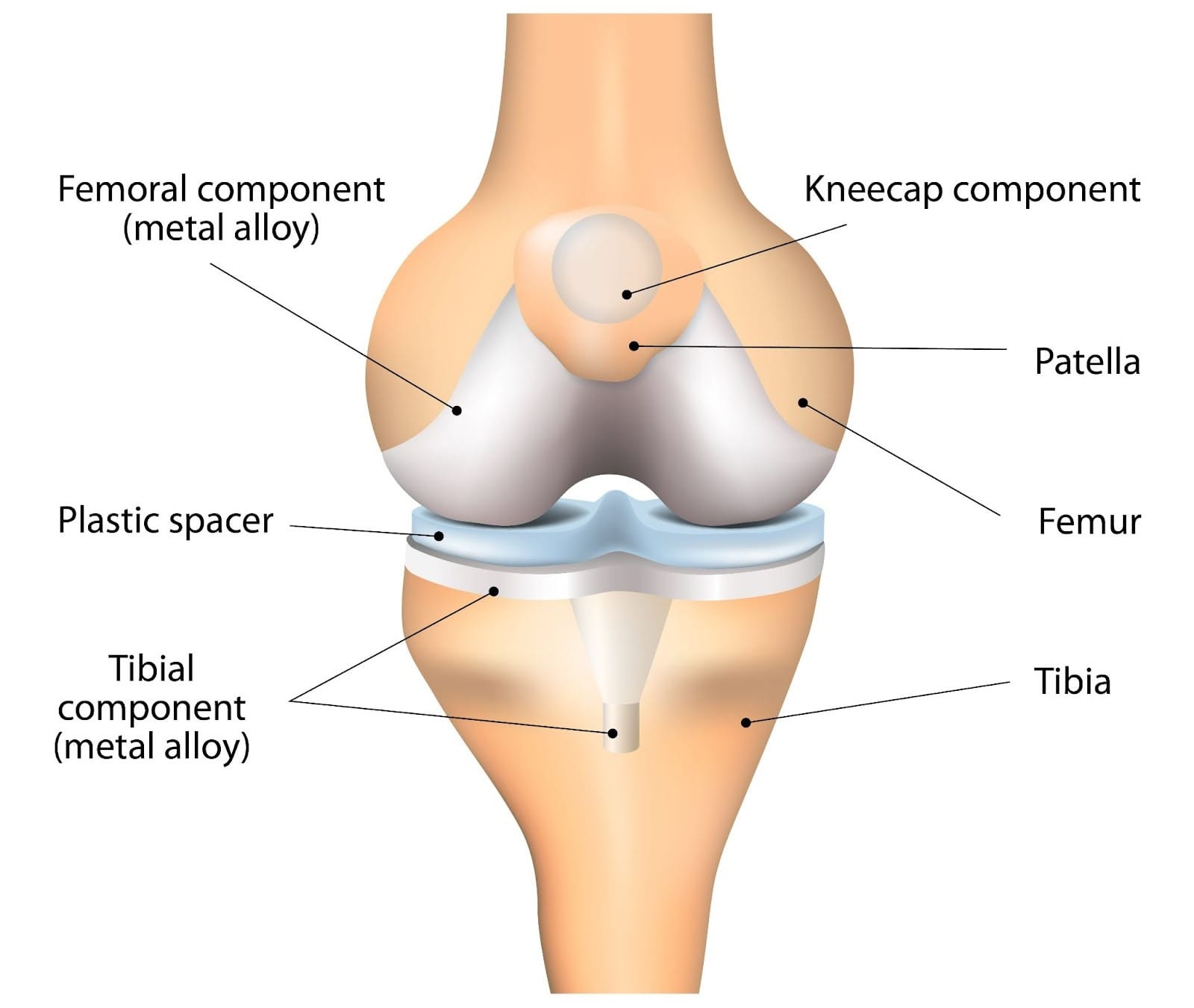
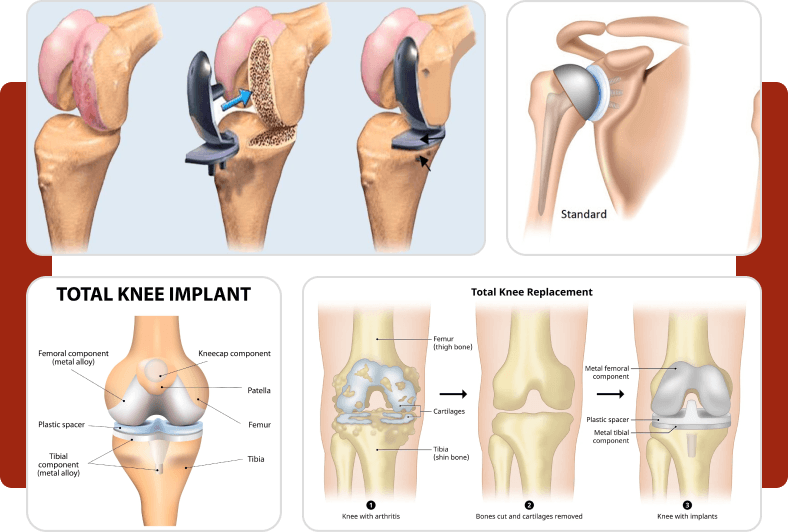
Joint replacement surgery is a medical procedure in which a damaged or diseased joint is removed and replaced with an artificial implant, known as a prosthesis. This surgery is commonly performed on joints that have been severely affected by conditions such as osteoarthritis, rheumatoid arthritis, post-traumatic arthritis, or other degenerative diseases. The most frequently replaced joints include the hip, knee, and shoulder. During the procedure, the surgeon removes the damaged cartilage and bone from the joint, and then positions the prosthesis to restore functionality and alleviate pain.
Best Joint replacement surgery in Jaipur aims to improve the patient’s quality of life by relieving pain, enhancing mobility, and allowing individuals to return to their normal activities. Recovery typically involves physical therapy and rehabilitation to strengthen the surrounding muscles and ensure proper function of the new joint.
Joint replacement surgery can be categorised into several types. Here are the main types of joint replacement surgeries:
This procedure involves replacing the damaged hip joint with a prosthetic implant. It's often performed to relieve pain and improve mobility in patients with severe hip arthritis.
In total knee arthroplasty, the damaged surfaces of the knee joint are removed and replaced with artificial components. This surgery is common for patients with osteoarthritis or rheumatoid arthritis affecting the knee.
This surgery involves replacing the damaged shoulder joint with an artificial implant. It can be total or partial, depending on whether the entire joint or just the ball of the joint is replaced.
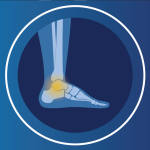
Ankle replacement surgery replaces a damaged ankle joint with an artificial implant to relieve pain and restore movement. It's ideal for severe arthritis cases and helps preserve joint motion, offering an alternative to ankle fusion with faster recovery and improved mobility.
The procedure for joint replacement surgery typically follows several key steps, ensuring that patients receive comprehensive care before, during, and after the operation:
Joint replacement surgery at Orthopedic Hospital in Jaipur offers numerous benefits for individuals suffering from severe joint pain and mobility issues. By choosing this procedure, patients can experience significant improvements in their overall quality of life:
One of the primary benefits of joint replacement surgery is substantial pain relief. Many patients who undergo procedures like knee replacement or hip replacement experience a significant reduction in chronic pain caused by conditions such as osteoarthritis or rheumatoid arthritis.
After joint replacement surgery, patients often regain lost mobility and function in the affected joint. This improvement allows them to perform daily activities—such as walking, climbing stairs, and participating in recreational activities—more easily and comfortably.
With reduced pain and improved mobility, individuals often report a better overall quality of life. Patients can return to hobbies, socialize with family and friends, and engage in physical activities that were previously difficult or impossible.
Modern joint replacement implants are designed to be durable and long-lasting. Many patients enjoy many years of pain-free movement after surgery, making it a worthwhile investment in their health and well-being.
Advancements in surgical techniques, such as minimally invasive approaches and robotic-assisted surgery, allow for smaller incisions, less tissue damage, and quicker recovery times. These options are increasingly available at orthopedic hospitals, such as the one in Jaipur.
Following surgery, patients benefit from tailored rehabilitation programs that help them regain strength and function in the joint. Working with physical therapists, patients can set realistic goals and gradually return to their normal activities.
While joint replacement surgery can provide significant benefits, it's important for patients to be aware of the potential risks and complications associated with the procedure:
Determining the right candidate for joint replacement surgery involves evaluating several factors related to the patient's health, lifestyle, and specific joint issues. Here are the key considerations:
Candidates typically have severe joint damage or deterioration due to conditions like osteoarthritis, rheumatoid arthritis, post-traumatic arthritis, or avascular necrosis. Imaging studies (X-rays or MRIs) are often used to assess the extent of damage.
Individuals experiencing chronic pain that limits daily activities, such as walking, climbing stairs, or participating in social activities, may be suitable for surgery. If pain persists despite conservative treatments like medications, physical therapy, or lifestyle changes, surgery may be considered.
Candidates should have tried non-surgical options for relief, including medications (e.g., pain relievers, anti-inflammatories), physical therapy, or corticosteroid injections, with minimal or no improvement.
While age alone is not a determining factor, candidates typically range from middle-aged to elderly individuals. Surgeons consider the patient's activity level and overall health, as younger patients may demand more from their joints and require a longer-lasting solution.
Candidates should be in good overall health, as certain medical conditions (e.g., uncontrolled diabetes, obesity, cardiovascular issues) can increase the risk of complications during and after Joint Replacement Surgery in Jaipur. A thorough preoperative evaluation is essential.
Patients should have realistic expectations regarding the outcomes of the surgery. While joint replacement can significantly improve pain and function, it is essential to understand that it may not restore the joint to its original state.
If you’re suffering from chronic joint pain and are considering joint replacement surgery, look no further than Dr. Pratul Jain at Ginni Devi Memorial Hospital. With extensive experience in orthopedic surgery and a commitment to patient care, Dr. Jain specializes in advanced joint replacement techniques, including hip, knee, and shoulder replacements.
At Ginni Devi Memorial Hospital, we prioritize your health and well-being. As the Best Spine Hospital in Jaipur, our state-of-the-art facility is equipped with the latest technology, ensuring you receive the highest standard of care. From your initial consultation to post-operative rehabilitation, our dedicated team will guide you through every step of the process, providing personalized attention and support.
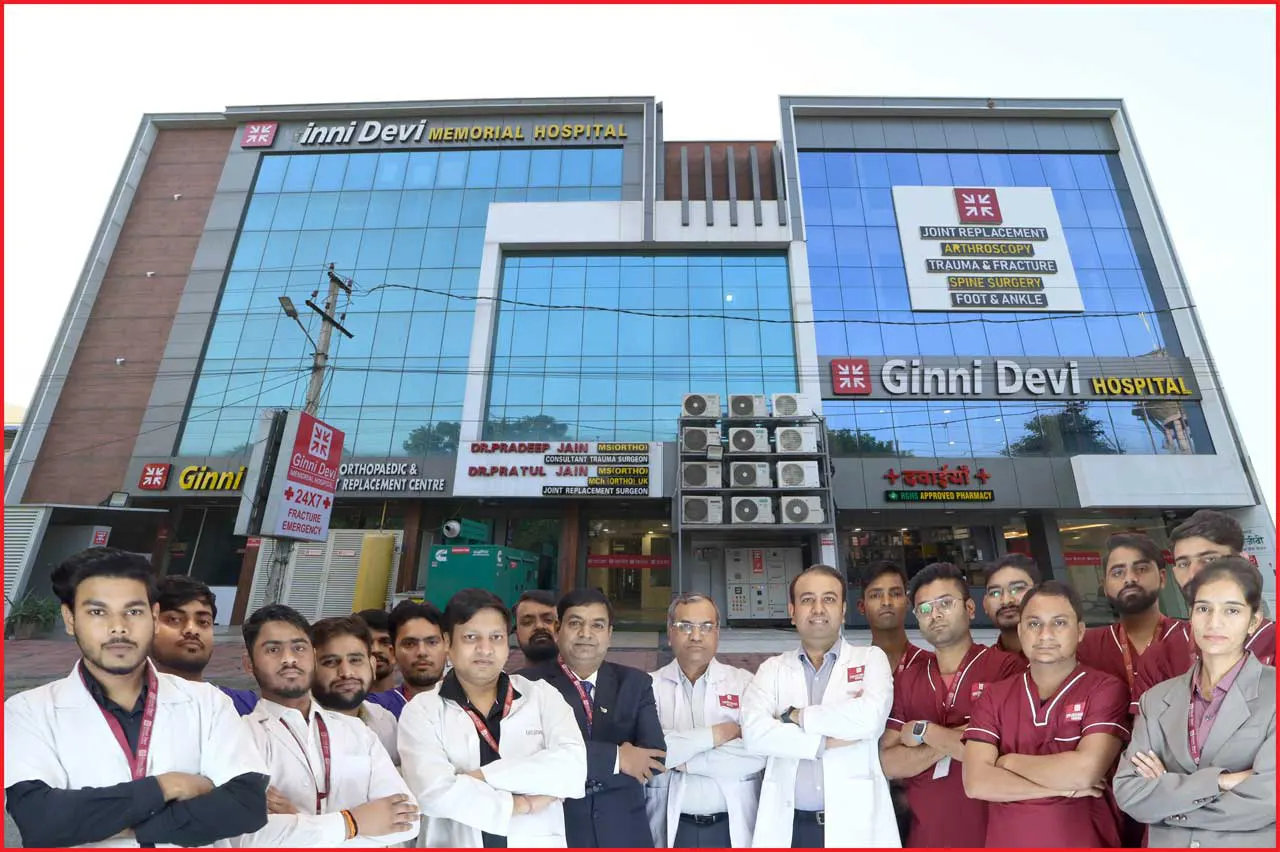
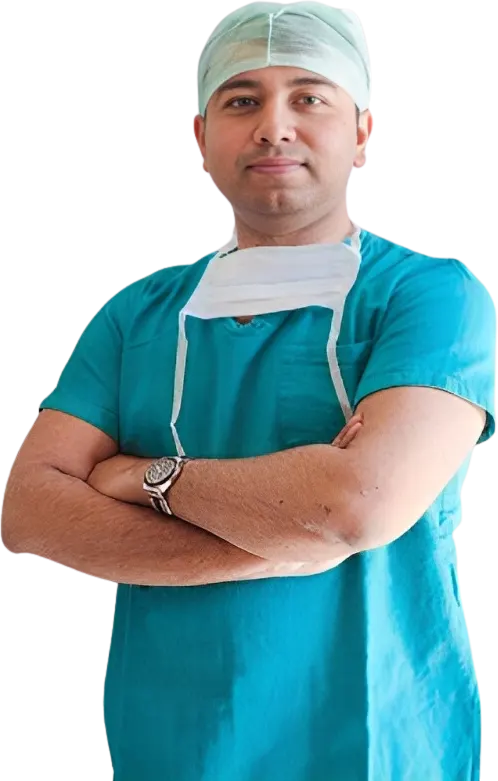
Patient
We took our mothers treatment of knee replacement from Ginni Devi Hospital. This hospital is actually a hub for joint replacements. Staff here is very caring and fully trained in managing such cases. My mother started walking on same day of surgery. Highly recommended for Knee replacement cases.
Patient
I recommend this as one one of the best hospital for bone & joint care surgery in Jaipur. Doctors are highly experienced and staff is also very good. Ginni Devi Hospital is one of the best place for quality and affordable orthopedic treatment in Jaipur.
Patient
Dr. Pratul Jain is very friendly, honest and professional doctor. Dr. Pratul Jain is one of Tha Best Joint Replacement Surgeon in Jaipur
Patient

Joint replacement surgery involves removing a damaged or diseased joint and replacing it with an artificial implant, known as a prosthesis. This procedure is commonly performed on joints such as the hip, knee, and shoulder to relieve pain and improve mobility.
If you’re suffering from severe joint pain, stiffness, or reduced mobility that doesn’t improve with medication or therapy, you may be a candidate for Joint pain treatment in Jaipur. A specialist like Dr. Pratul Jain can evaluate your condition.
Ginni Devi Hospital is a trusted name for Joint Replacement Surgery in Jaipur, offering advanced facilities, experienced surgeons, and minimally invasive techniques for faster recovery and long-term results.
Recovery time varies depending on the joint and the patient’s overall health. However, most patients begin walking within days and resume normal activities within 4–8 weeks after undergoing Joint reconstruction surgery in Jaipur.
Yes. When performed by skilled surgeons like Dr. Pratul Jain at Ginni Devi Hospital, Total joint replacement in Jaipur is highly safe, with excellent outcomes and low risk of complications.
You can easily book an appointment by calling Ginni Devi Hospital, visiting their website, or consulting Dr. Pratul Jain—an expert in Joint Replacement Surgery in Jaipur.

Ginni Devi Orthopaedic Hospital provides full range of orthopedic treatments and keeps your bones healthy in shape and away from diseases.
Treatments
Quick Links
© 2026 GDMH | All Rights Reserved.
I was suffering from severe joint pain. I couldn't move. Not only my body had stopped working but even my life went to a standstill. I couldn't carry out my daily activities and was dependent on my family for almost everything. And for an independent woman like me who always believes in doing things by herself, it was very difficult. But then after doing treatment from Ginni Devi Orthopedic hospital, I could stand on my feet again and got my independent self-back. Not only I could move but even my life that went to a standstill due to my joint pain gained momentum. And even the hands of my clock finally moved from the bad time and showed a good time. Thank you so much doctors and hospital team.